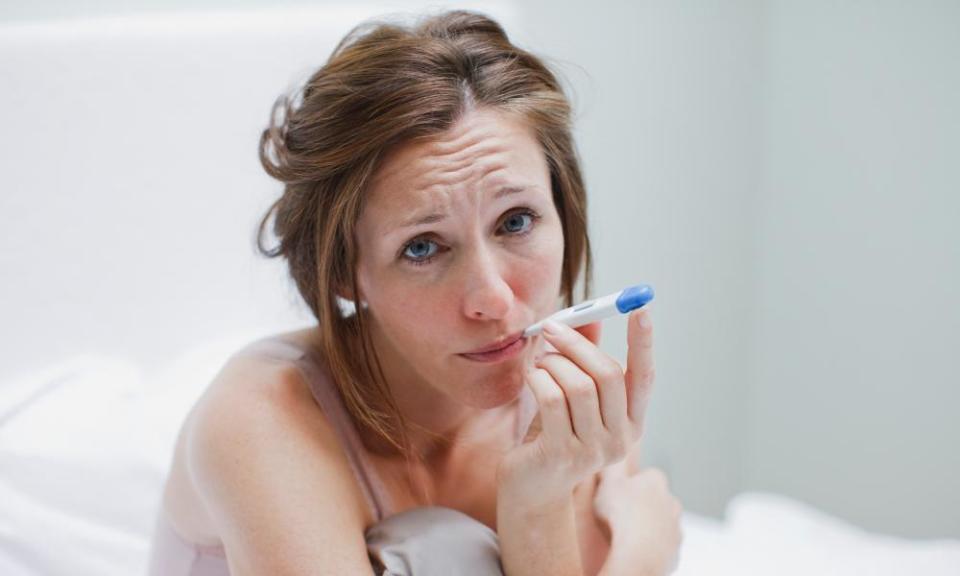Colds feel worse to lonely people, study suggests

Having a cold can be a miserable experience, but it turns out that the symptoms may seem worse if you feel lonely.
A study by a team of US researchers has found while loneliness does not appear to have any impact on an individual’s chance of falling ill with a cold, or the actual severity of the symptoms, it does seem to be linked to feeling more under the weather.
But results show that feeling worse was not linked to the size of a person’s social network.
“When it comes to our health it seems that it is the quality of our social relationships that may be more important than just the quantity,” said Angie LeRoy, a co-author of the study from Rice University.
Writing in the journal Health Psychology, LeRoy and colleagues from a clutch of US universities describe how they probed the link between cold symptoms and loneliness by asking 213 healthy adults to complete questionnaires related to loneliness, their social networks and their mood before being infected with the common cold through nasal drops.
The participants were quarantined for five days, during which time they were asked to record their symptoms, such as sneezing, a runny nose or sore throat, and log the severity of their symptoms on a five point scale. In total, 159 of the participants developed a cold and had complete data.
After taking into account factors including age, sex, the season, education, income and mood markers, analysis of results from these participants revealed that those who scored higher on loneliness were no more likely to get a cold than those with low scores, but they did report symptoms of greater severity.
Delving deeper, the team found that the link was not down to the size of individuals’ social networks. “It doesn’t matter if they had a large social network,” said LeRoy. “It mattered about how they felt about their social network.”
However, when the researchers looked at the weight of mucus produced by each participant in the study, they found that there was no link to loneliness, suggesting that while loneliness was linked to how rotten participants felt, lonelier individuals were not more physically sick.
“Loneliness wasn’t necessary associated to how biologically ill they were in terms of the severity of their cold but it was associated with how severe they perceive their symptoms to be,” LeRoy told the Guardian. The authors say that helping those who are lonely build ties to others could help to reduce how bad they feel when they catch a cold.
LeRoys admits that the study does not show that loneliness is causing the perception of worse symptoms – indeed the authors note that, for example, those who are lonely often have poorer sleep. But, she says: “We measured loneliness before we exposed them to the cold and then we measured their symptoms, which infers that the loneliness came first.”
LeRoy adds that, combined with previous studies highlighting the link between loneliness and negative impacts on health, doctors and other medical professionals should take note of their patients’ mental state both when patients register and when they are unwell.
“How [patients] feel before [they are unwell] obviously could influence how they feel when they are sick, even with something as simple as a cold,” she said.

 Yahoo News
Yahoo News 